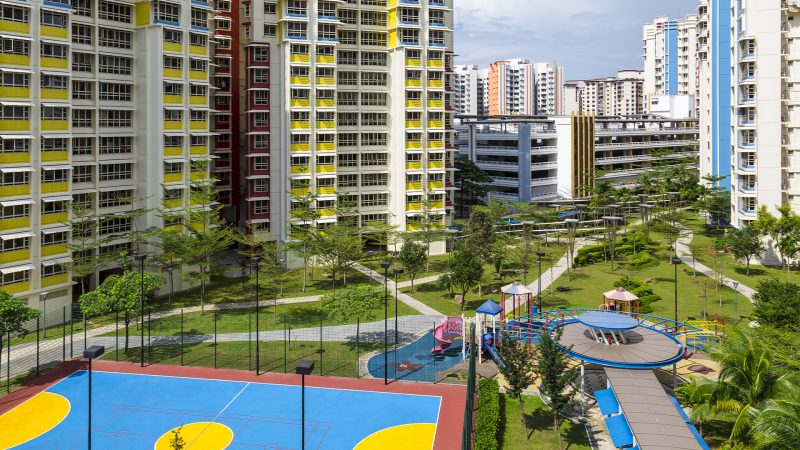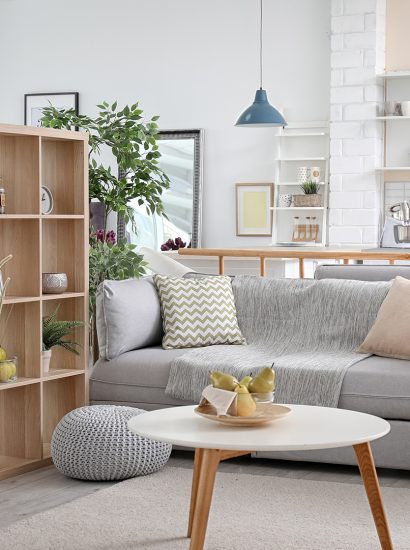One of the most significant financial decisions you’ll ever make is likely going to be that of buying your first house. A person can make sure they’re actually prepared to buy by taking a moment to consider these questions related to house and house. You can also determine whether you’ll need to make any necessary financial adjustments prior to making the big purchase and make the definitive checklist to buy a house.
What is motivating you to purchase a house?
Make sure your motivations for purchasing a house are sound. Numerous young homeowners regret purchasing their houses, according to recent data.
The fact that the house needs too much maintenance, the mortgage payments every month are too costly, and the house has lost too much value since purchase are some of the biggest regrets. Unanticipated maintenance or additional expenses were also among the most frequently mentioned reasons.
To determine whether your logic is sound, do a bit of research. You might want to rethink your choice if you’re purchasing a house because you believe it would be cheaper than renting, for instance, since that isn’t necessarily the case.
How long are you planning to stay at the house?
Due to the circumstances in your life, your response to this question could abruptly change. But ideally, you ought to reside in your initial residence between three and five years before relocating. Typically, you must remain for that long to break even on your mortgage.
Taking time to think before purchasing a house can be preferable if you know you’ll be moving to a new region or need a bigger place in a year. This wait will give you more time to accumulate a larger down payment, which could help you easily buy the house you want.
How much money do you have to spend?
Before making the decision to purchase a property, you must ensure you can afford it. No more than a quarter of your yearly earnings should go towards your total mortgage payment. If you have no additional debts at all, you can increase this to up to 28%. You must add these payments if you have taken out two mortgages to determine if you are eligible.
Mortgage included, your total monthly loan payments shouldn’t be more than 33% of the total income you make. Be practical about it because if you try to pay more than you can, you run the risk of losing your house. Consider renting if you can’t afford the house you want.
Are you working with a reputable real estate agent?
The process of finding and purchasing a house might go more smoothly if you have a skilled and experienced real estate agent on your side. They must be open to learning about your wants and preferences, and must be well-versed in the regional market.
Make sure the real estate agent you choose to work with is a good fit before hiring them. To make sure that the real estate professional can match your demands, interview them and create a list of questions.
How will you fund the loan?
Think about how long the loan will be. A 10, 15, 20, or 30-year loan is an option. Your monthly payments will be cheaper if you choose a longer term, but you’ll end up paying more in interest throughout the course of the loan.
You actually shouldn’t be purchasing the house if you are using an ARM (adjustable-rate mortgage) as your financing. Your payments will climb along with your interest rate, and you might have trouble keeping up.
To make sure you choose the financing option that is right for you, do your research on the different types of loans available to homeowners.
Did the house pass inspection?
Before you buy, be sure the residence has passed all inspections. By taking this precaution, you can avoid any expensive shocks once you buy the residence.
Paying for a comprehensive inspection is worthwhile because it can tell you whether you’ll need to make pricey repairs. Make sure you are clear on what is covered in a home inspection before hiring someone because it can vary based on where you reside.
You still need a thorough assessment even if you intend to renovate the house to ensure there aren’t any surprises you’ll need to deal with later. The format of a house buying checklist can also be used to make a checklist for a home inspection. From the foundation, electrical connections to the drainage and leaks, among other factors.
The responsibility awaits; are you up to it?
When you own a property, you are in charge of many responsibilities that otherwise a landlord would usually take care of while you were renting, such as managing fixes when the heating malfunctions or the refrigerator breaks.
You ought to have an emergency fund built up for house repairs in order to be ready for this. You should wait to purchase a property if your budget feels too constrained to cover a mortgage payment.
Additionally, make sure you can afford the additional costs, such as purchasing new furniture or paint, in addition to your mortgage payment and property insurance.
It is important to make a comprehensive “buying a house” checklist. Resist the urge to purchase a property before you’re ready. Until you feel ready, you can decide whether to rent or buy.
Main Points
- To break even on your mortgage, you should aim to remain in a house for three to five years.
- You should pay no more than 25 percent of your earnings before taxes towards your mortgage.
- To avoid any surprises, have a comprehensive home inspection before making a purchase.
- Have funds set aside before you purchase a house to handle unexpected repairs.





